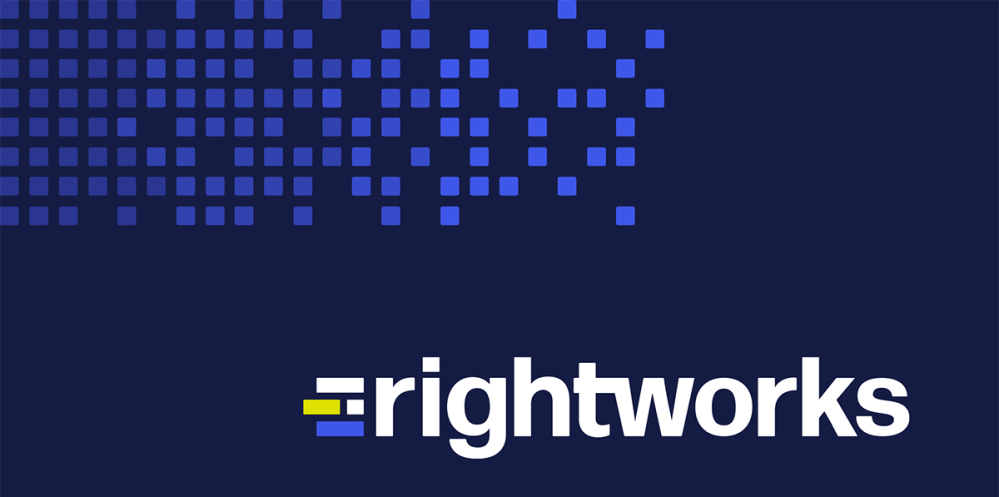It’s likely that Hollywood, in its aggrandized portrayal of futuristic humanoids, has given us unrealistic expectations of what artificial intelligence (AI) can do for our tools and our society. At least in the short term.
Part of the confusion is that many people aren’t aware of the nuances of artificial intelligence (AI). Some of us have come to expect that by now, we should be serviced in our offices and in our homes by all-knowing semi-sentients. If you’re one of the ones that is disappointed at this missed reality, you can look a little deeper for hope. We’re surrounded by interesting artificial intelligence use cases (that means you, Siri) that are sure to impact those in the accounting field before too much longer. This is not another alarmist forecast. But change is coming. How much and when is up for a little guesswork and debate.
What is Artificial Intelligence?
AI, in its very broadest sense and goal, is a system that can function independently. We’d hope, in that circumstance, that means the system would also function with at least some level of self-direction.
Within that broad stroke of artificial intelligence, there’s degrees to what our systems are capable of. Topbots’ Machine Intelligence Continuum breaks that down into systems that Act, Predict, Learn, Create, Relate, Master, and Evolve.
And while there are interesting and useful things happening with AI in the accounting field and beyond, a lot of what the field is currently undergoing is more akin to intelligent automation than true artificial intelligence.
Robotic Process Automation (RPA) – what some call “weak AI” – or the use of software to handle repeatable tasks at a fast rate and high volume, is already impinging on the low-level tasks that, today, are as burdensome as they are boring. Deloitte is in the business of deploying “digital tax helpers” that move data between applications, and extract and compile it from very large data sets. It won’t be long before all bank reconciliations, year-end close procedures, order processing, and transaction anomalies for audit (among other things), are relegated to the jobs of other “digital helpers.”
What’s happening with AI?
There are amazing things happening right now that rely on varying levels of artificial intelligence.
The idea of self-driving cars is not radical. Some conservative predictions call for as many as a quarter of all cars to be self-driving by 2030.
Surely this time of year, some of Amazon’s 45,000 robots are clocking overtime picking products from warehouses across 20 of its fulfillment centers.
In the legal field, AI tools already exist to help attorneys find every related precedent to a case and can follow a docket so as to notify an attorney with relevant information when a motion is filed in one of their cases.
And going forward, predications say that AI will do everything from adapting websites for personalized shopping experiences in real time to control robotic limbs after amputations. Speculation is great. And AI is not some kind of pipe dream. But what should accounting professionals and CPA firms realistically do today to prepare for a technology with so much uncertainty, if not promise?
“In the next five years, a lot of mundane processes will get augmented through weak AI,” said Professor Ganesan Shankar, Associate Professor in the Technology, Operations and Information Management division at Babson College in Wellesley, MA. “As the weak AI is working, accountants will have to ‘train’ the systems and do the interpretations of any gray areas that the systems uncover. That will continue for a while until the machines become more intelligent.”
From his view as founder and managing director of IntrapriseTechKnowlogies LLC, Donny Shimamoto agrees. “The emerging technologies are actually going to help offset the decline in the pipeline of accounting professionals,” said Shimamoto. IntrapriseTechKnowlogies is a specialized CPA firm dedicated to helping small businesses and middle market organizations leverage strategic technologies. “By leveraging automation and artificial intelligence to do the more tedious manual work, accountants can focus on the higher value analysis and extraction of insights that can help improve the performance of their clients.”
What should accounting professionals do about AI?
There are varying opinions on the impact of AI not just to the accounting profession but to business overall. And there’s no shortage of ideas on how we can prepare the next generation for the coming changes that AI will bring. We can encourage our kids to pursue STEM and programming endeavors or foster their interests across a range of skills and hobbies that they might have.
But from a practical sense, the basic blueprint for artificial intelligence preparation should look a little like the following.
Understand and apply
What’s the difference between Machine Learning, Artificial Intelligence, and Robotic Process Automation? Don’t believe the hype on how AI is coming for every job. At least not in the short term. But that doesn’t mean you should ignore the trend, either. The first step in preparing is to understand the basic level of service that these technologies are providing and think about how that could specifically impact not just your business but your routine tasks. What parts of your business take a lot of time, are at least somewhat repeatable, and are of minimal value to your organization?
“Start with your processes,” said Shimamoto. “You have to have a good understanding of your processes because that’s what will be automated, and you don’t want to automate a bad process.”
Dream a little dream
What would you do if you had more free time? Which strategic direction have you thought about but not had the opportunity to pursue? This is exactly where you should go. When the lower level tasks are automated, there will be no more value in doing repeatable tasks. What should your firm pursue then? Cash flow forecasting? Business coaching? Tax planning? Now is the time to prepare for that day.
Data Data Everywhere…
If artificial intelligence is the jet plane, data is the fuel. The present and the future of AI is rooted in data. And the individuals and industries that will co-exist with AI and get the most from its advances are those that understand data.
As we continue to accumulate more data, we’ll come to further rely on AI to help us wade through it. We’ll continue capturing more data at a faster rate, and our AI systems will get even smarter and better. That doesn’t mean you need to learn to code. “Train yourself to work with these systems – as a consultant to the system – rather than the person doing the mundane work.” said Shankar. AI, at least in the short term, is propelled by data. In the future, it will be propelled by human abilities to interpret the machine’s interpretation of the data that we helped create. So why not start at what’s going to be the source?
While RPA and AI systems are getting better all the time, most still rely on oversight from trained individuals. Embracing the future means positioning yourself to “oversee” these systems – which at least partially means being proficient with data. Create it, store it, bring it together, interpret it, manipulate it – data, data, data. “If you improve your data management skills, it makes you stronger as a person who can govern the process and not worry about the execution,” said Shankar.
The second great frontier of artificial intelligence is likely to be unstructured data. This is where machines begin to interpret and make use of the data that isn’t housed in spreadsheets. That means extrapolating data from everything from sales orders to customer comments on social media. There’s still plenty of room to get in on the ground floor of analytics and data manipulation.
AI is coming
Artificial intelligence is coming. It won’t run unchecked into your business and take over. There are natural roadblocks in consumer trust – and where AI is helping with audit and other regulated tasks, regulatory acceptance. Not to mention convincing your clients that a tax return prepared with no human oversight isn’t going to lead to a tax payment disaster or an audit.
Shimamoto sees the role of an accounting professional changing back to one of decision support in the future, and shifting away from the transactional work. “The primary purpose will be to help people understand and make sense of all this complexity and uncertainty and to help them figure out what is the best decision for them based on their goals.”
This post is the third in a series where we’ll explore emerging technology in the accounting field and hear from industry experts on potential future impacts. Read the next post here.
Think your client, colleague or customer would find this valuable? Share it now…


